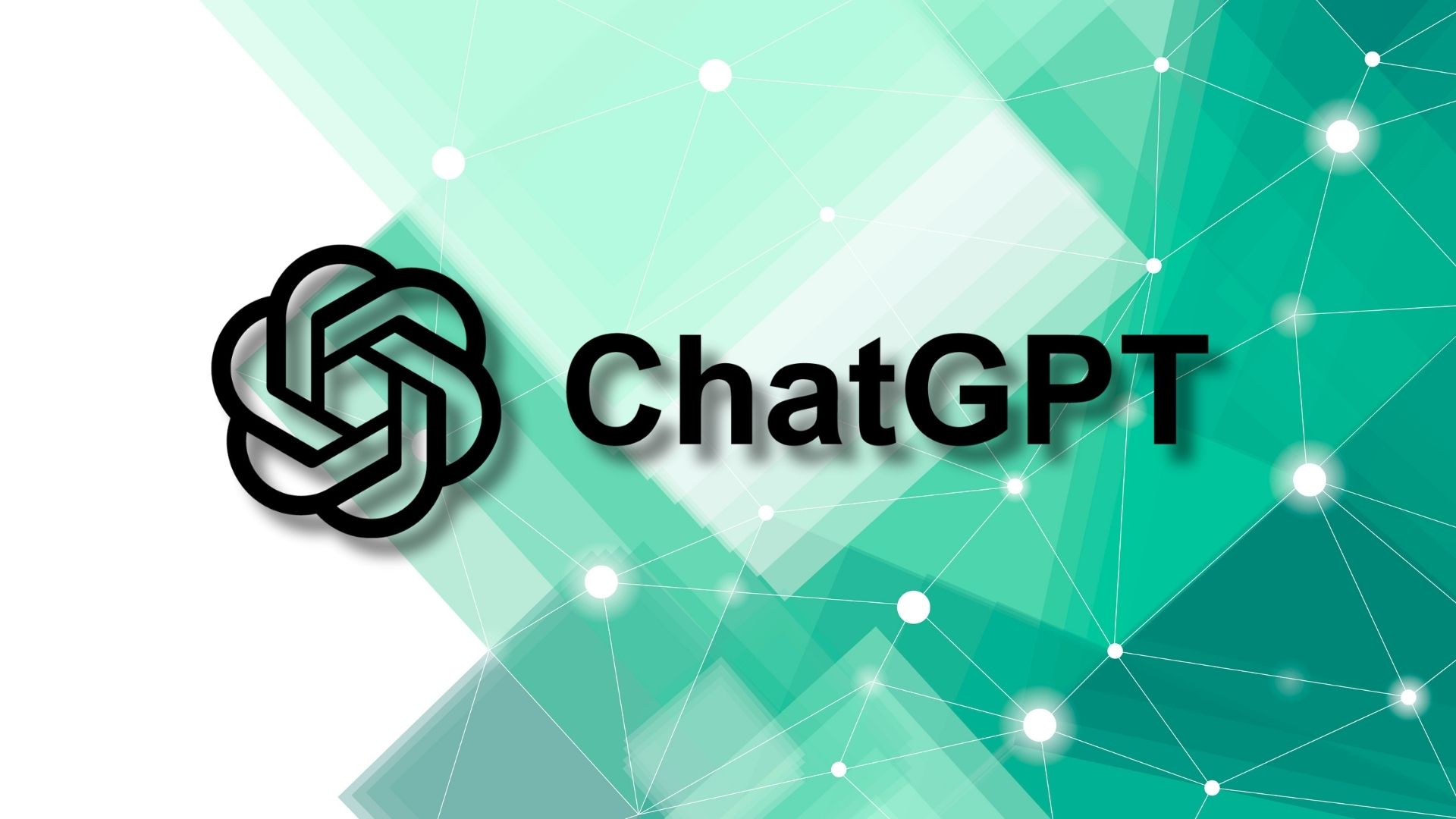The US tech giant, Microsoft, investigated a service disruption affecting Exchange Online, Teams and other Microsoft 365 services after users reported access and performance problems.
An incident that began late on Wednesday affected core communication tools used by enterprises for daily operations.
Engineers initially focused on diagnosing the fault, with Microsoft indicating that a potential third-party networking issue may have interfered with access to Outlook and Teams.
During the disruption, users experienced intermittent connectivity failures, latency and difficulties signing in across parts of the Microsoft 365 ecosystem.
Microsoft later confirmed that service access had been restored, although no detailed breakdown of the outage scope was provided.
The incident underlined the operational risks associated with cloud productivity platforms and the importance of transparency and resilience in enterprise digital infrastructure.
Would you like to learn more about AI, tech and digital diplomacy? If so, ask our Diplo chatbot!










